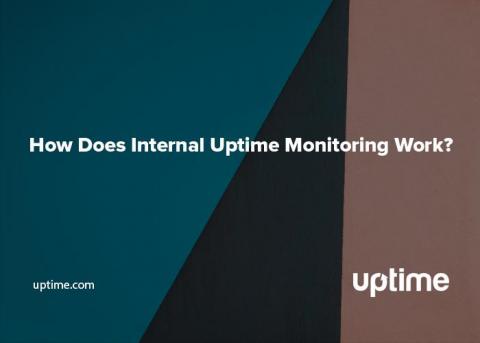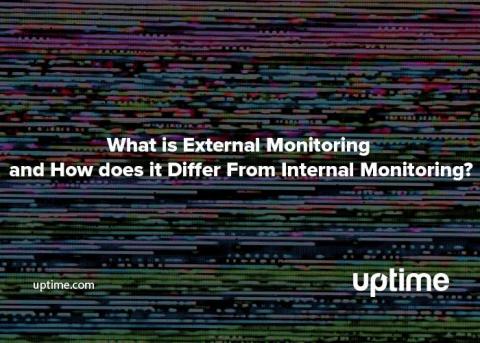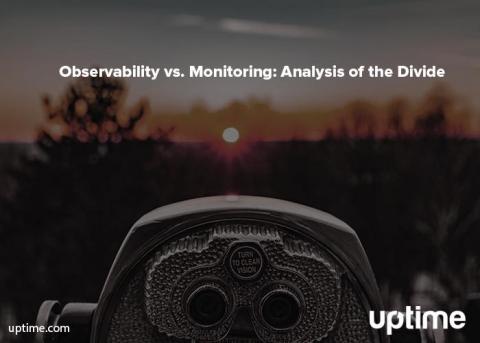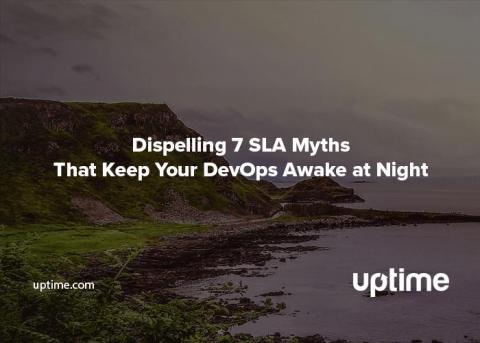How Does Internal Uptime Monitoring Work?
Your site or application runs on a server, which is just another computer inside some server warehouse. That server is subject to the same kinds of limitations as your personal computer, and you need a way to determine usage of those resources similar to the internal monitoring for disk space or CPU usage that you find inside a Windows or Mac operating system. These internal metrics collectively determine the power or capacity of your server.











